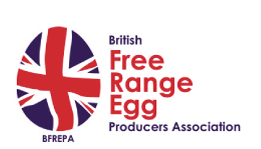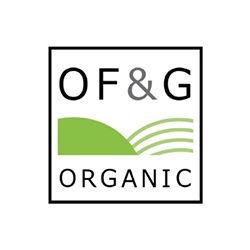Another couple of weeks of price decreases despite some finishes in the green on the day has seen prices reach £133/t. It was reported that the harvest is now 79% complete and yields are 6-8% over the 5 year average.
It is thought that this will result in the highest production figures since 2015 with between 15.9 and 16.2 Mln T of wheat available in the UK. Notably this figure is 17-20% above the crop in last years drought conditions – what a difference a year makes! At such an interesting time for the wheat market only half the focus is on the crop itself. With so much happening to the UK politically, the country and the markets cannot help but react. Initial thoughts that a suspension in parliament increases the likelihood of a no deal have become fears that there might be a possibility of yet another delay to Brexit. This would result in a longer window to import at known tariffs and free access to the EU and also potential for us to export more of our surplus before the doors potentially close to us. For this reason, UK wheat still seen to hold a discount to Matif wheat as required to export despite some narrowing to this premium.
The International Grains council increased its estimate for wheat production to 764 Mln T. A 1 Mln T increase, indicating that the global wheat market is well supplied globally. The consensus is strengthening that the Russian wheat crop will be a healthy 75 Mln T in the 2019/20 crop year. Their exports have remained steady at 1.1 Mln T. Most of the Declines in global wheat futures were offset with a further weakening in sterling due to Brexit uncertainty. Despite little indication of upside globally the UK will continue to see prices much more driven by exchange rates and our local political story which is having big impacts on our ability to export but also prices achieved, and even product offered at import. Algeria continues to favour EU wheat while Saudi Arabia is likely to favour Russian milling wheat and South Korea bought 50.000 Mln T of US milling wheat. What this does show that it is a time of options and it is buyers choice.
Despite China still being impacted by the losses from African Swine Fever their demand for soya is still predicted to grow and with some move towards ruminant and poultry meat, their uptake of sunflower has increased dramatically. The UK is seeing far less new crop offered to the UK as the size of shipments and premiums paid by china are just too good to be turned down. Add to this the sliding value of the sterling and prices of soya are looking firmer that the crop availability would indicate they should be. Indications that extreme weather in china has affected crops also indicated that there attempts to be more self-sufficient had taken a blow and may also have reduced organic soya available from this location. Despite this, the effects of the trade war still remain and the US carry plus increased planting in Brazil to help support its new position as china’s preferred source of Soya should mean there is plenty of soya this season.
Astronomers have discovered a planet with a mass 3 times that of Jupiter named HR 5183b. It was spotted using radial velocity methods which senses exoplanets by recognising the wobble of the parent stars due to gravitational pull. But the interesting thing about HR 5183b that got it a spot in this report is the dramatic egg-shaped path of its orbit!
Unlike the planets in our solar system and other exoplanets discovered this planet has a high eccentricity causing this sling shot style orbit and perhaps indicating it evolved relative to other planets. Astronomers has been monitoring the planets star since the 90’s but its taken this long to get the data needed to prove the orbit as HR 5183b takes between 45 and 100 years to orbit its star! If this planet were in our solar system it would swing from our asteroid belt to Neptune. It is thought the egg like orbit might have been caused by it coming close to another planet effecting its orbit. But what happened to the other planet? Did it get knocked clean out of its solar system by the crash?
Brought to you by Melanie Blake and Martin Humphrey




















